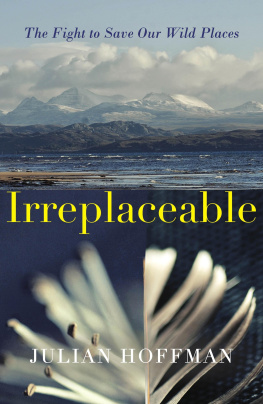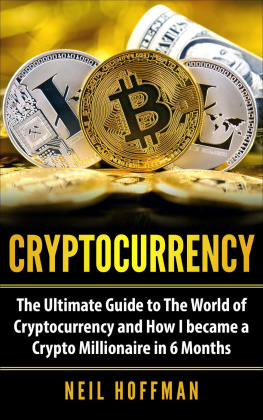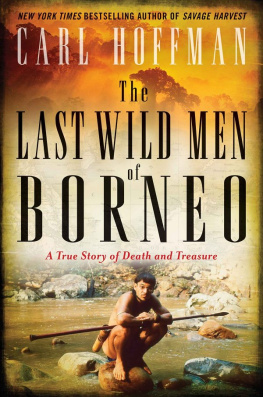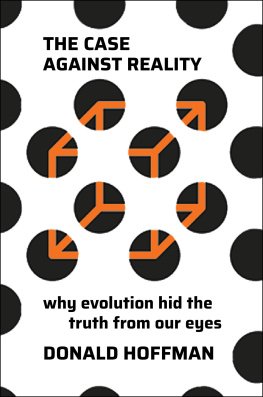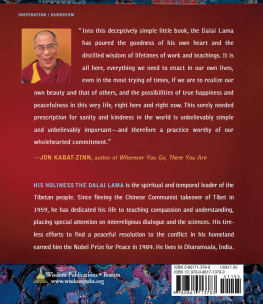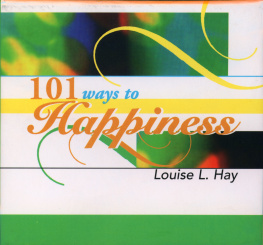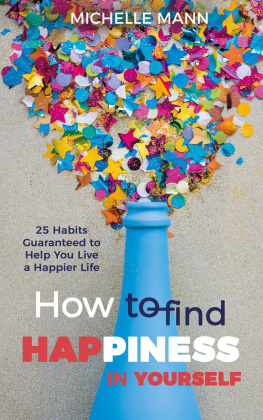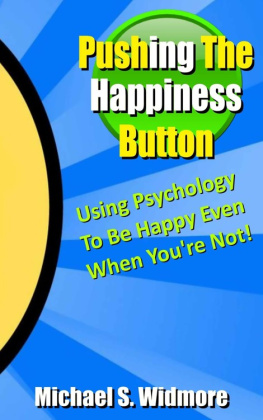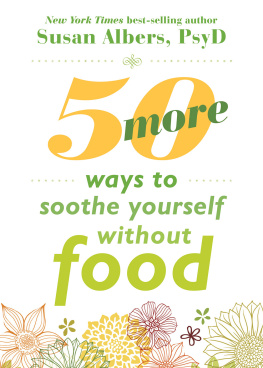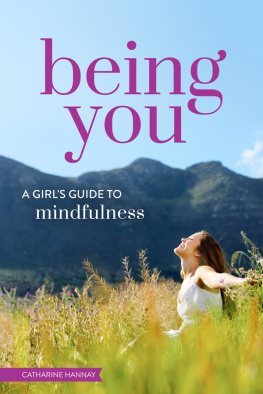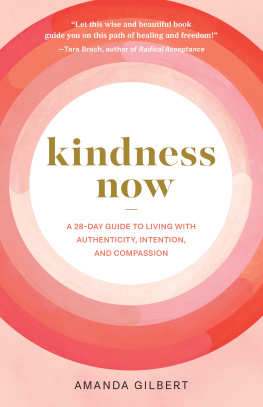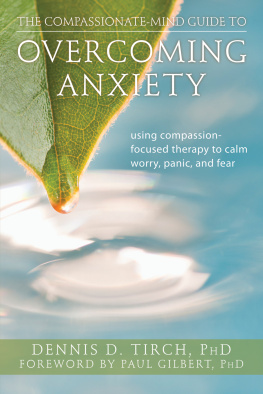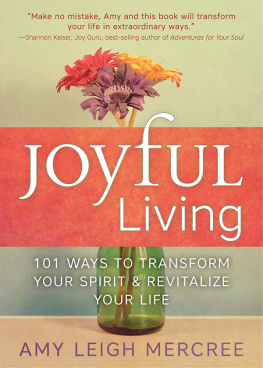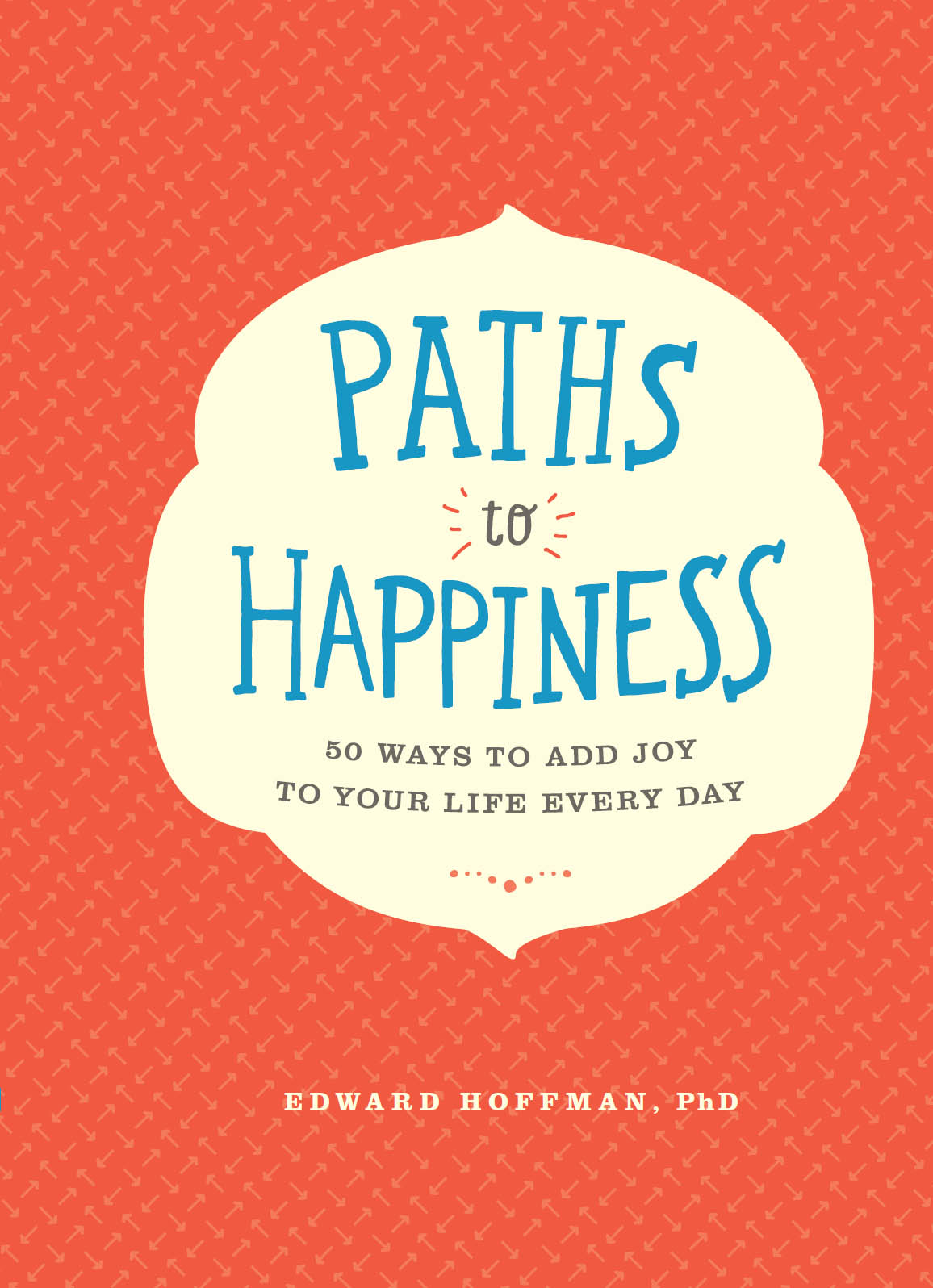

For Daniel and Sophia
Text copyright 2016 by Edward Hoffman.
All rights reserved. No part of this book may be reproduced in any form without written permission from the publisher.
Library of Congress Cataloging-in-Publication Data available.
ISBN 978-1-4521-4907-3 (hc)
ISBN 978-1-4521-4931-8 (epub, mobi)
Designed by Debbie Berne
Chronicle books and gifts are available at special quantity discounts to corporations, professional associations, literacy programs, and other organizations. For details and discount information, please contact our premiums department at or at 1-800-759-0190.
Chronicle Books LLC
680 Second Street
San Francisco, California 94107
www.chroniclebooks.com
ACKNOWLEDGMENTS
This book would not have been possible without the guidance of others. I wish to thank my editor, Lisa Tauber, for enthusiastically shaping and bringing this project to Chronicle Books, where her colleagues Rachel Hines and Dawn Yanagihara brought it smoothly to completion. Christina Ip has been an energetic research assistant. In offering extensive conceptual contributions and graciously critiquing my writing, Eric Freedman has been a valuable friend, as always. I have enjoyed stimulating conversations with Catalina Acosto-Orozco, Tony Bevacqua, William Compton, Marcos Florence, Jenniffer Gonzalez Mujica, Aaron Hostyk, Jenny Isaacs, Susan Kaneshiro, Neal Kaunfer, Fernando Ortiz, Paul Palnik, Shoji Muramoto, and Kirk Schneider related to diverse topics in this book. The opportunity to teach positive psychology at Yeshiva University for the past five years has immeasurably broadened my knowledge of this subject. My oldest son, Jeremy, has been a font of encouragement, and Daniel and Sophia have been my daily cheerleaders at home. Above all, I would like to thank my wife, Elaine, for her conceptual advice, patience, and unflagging support throughout this project.

Do you know what really makes you happy? If so, could you describe it clearly to a close family member or friend? Would you have used the same words five or ten years ago, or have life events significantly changed your viewpoint? More broadly, what do you think brings genuine happiness to most people? Are we all uniquely different in this regard, or pretty much the same the world over?
Everyone seems to have ideas about this topic, and its been that way for millennia. The biblical Book of Psalms, attributed to King David, celebrates, This is the day that the Lord has made; let us rejoice and be glad in it. A bit more pragmatically, the Book of Proverbs asserts, A cheerful heart is good medicine, but a crushed spirit dries up the bones. As for the ancient Greek philosophers, virtually every major thinker from Aristotle and Socrates to Plato and Sophocles weighed in on the subject too. Anyone who tells you that the desire to be happy has mainly been a twenty-first-century concern is badly mistaken.
However, theres now a lot more scientific knowledge about happiness than you might suspectand more than has ever existed before. Although William James, the visionary founder of American psychology, argued more than a century ago that there is no happiness without action, few of those who followed in his field actively researched the matter, until quite recently. They had minimal interest in studying joy, merriment, or contentment; instead, they mirrored Sigmund Freuds focus on darker aspects of human nature. Indeed, even when Freud wrote about humor, he saw it in essentially negative termsas veiled hostility. As youll see later in this book, scientific experts today know that laughter can be quite healthy, and even therapeutic.
While its certainly not necessary to be a professional psychologist to hold valid opinions about happiness, I believe that my long career as a researcher and writer, therapist and educator has equipped me well to present important findings in positive psychologyand, equally vitalto give specific advice. In this book, I offer fifty different avenues to enhance your daily well-being. This list, of course, isnt intended to be exhaustive. Certainly, there are other constructive paths to happiness that I could also have highlightedbut, alas, some of these have garnered meager scientific support to date.
Ive deliberately chosen topics that involve happiness in a deeper sensethat is, happiness derived from finding meaning and self-fulfillment. This approach is based on my conviction that joy comes from expressing our creative and spiritual potentials to the fullest, as well as from self-direction and warm relations with others. For this reason, youll find topics such as awe and prayer, dreams and nostalgia, friendship and mentoring. The fifty chapters, each covering a single topic, are arranged in alphabetical order, beginning with Acting Improv and ending with Zen Meditation, and each concludes with a guided activity.
Studies suggest that youre likely to find this book deeply satisfying. Theres ample evidence that satisfying self-reflection and journaling elevate our mood, bringing greater life contentment. You may also use this book as an opportunity to affirm your most significant values and interests. Additionally, if you have children, nieces or nephews, or grandchildren, this book will provide an especially meaningful way to share happy memories and new experiences with them.
Depending on your current interests, you may find yourself drawn to particular topics and eager to explore their personal relevance. Other topics may appeal to you less. Thats perfectly fine. I dont expect that all fifty themes will speak to your soul. But having personally discovered new paths to well-being, such as birding and gardening, by researching this book, I can attest that it is advantageous to have an open-minded, adventurous attitude.
Now have fun!
One of the things I learned from improvising is that all of life is an improvisationwhether you like it or not, observed Alan Arkin. The Oscar-winning actor found his true calling through improvperforming on stage without a scriptover fifty-five years ago. A cofounder of Chicagos famous Second City comedy troupe, Arkin strongly advocates improv in actor trainingand enhancing personal growth for all. In his book An Improvised Life, he recounts how improv activity taught him vital lessons about emotional honesty, spontaneity, and effective listeningand making him a happier person.
Though Arkins praise for improv is based mainly on personal experience, health professionals are increasingly adopting his view. Scientific evidence remains scarce, yet the experience of interacting spontaneously with others before an audience seems to increase self-confidence, social ease, ease of decision making, creative thinking, and teamwork ability. In this light, Dr. Allen Cornelius at Denvers University of the Rockies offers workshops called Improv Your Counseling, in which counselors perform improvisatory exercises to strengthen their skills in listening, attending to nonverbal cues, and mirroring (reflecting back what theyre hearing and seeing). Cornelius discovered a link between improv and therapy while researching the psychological benefits of humor. Therapy and improv are similar, says Cornelius, [because its] two or more people cooperating in a process thats uncertain, likely has unexpected twists and turns that each party must adapt to, and works toward a satisfying conclusion. In Chicago, the Panic/Anxiety/Recovery Center recently partnered with Second City to offer an eight-week program using improv to help adults overcome their social anxiety.
Next page



